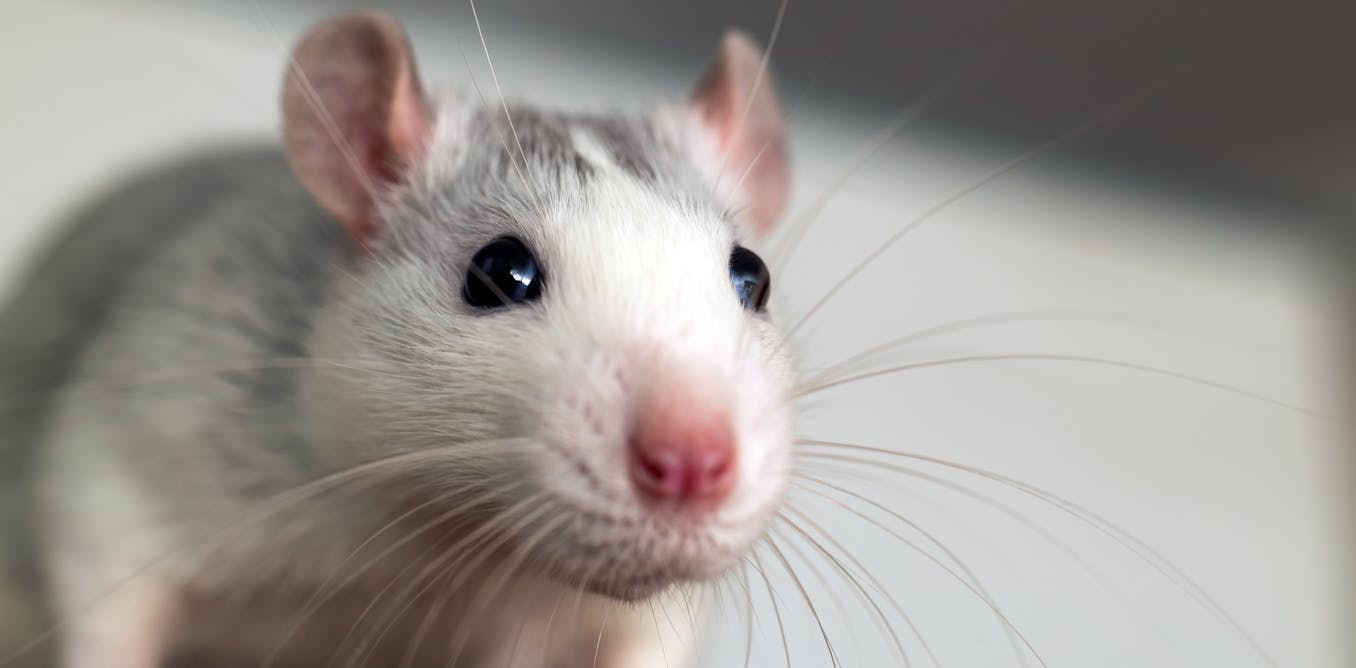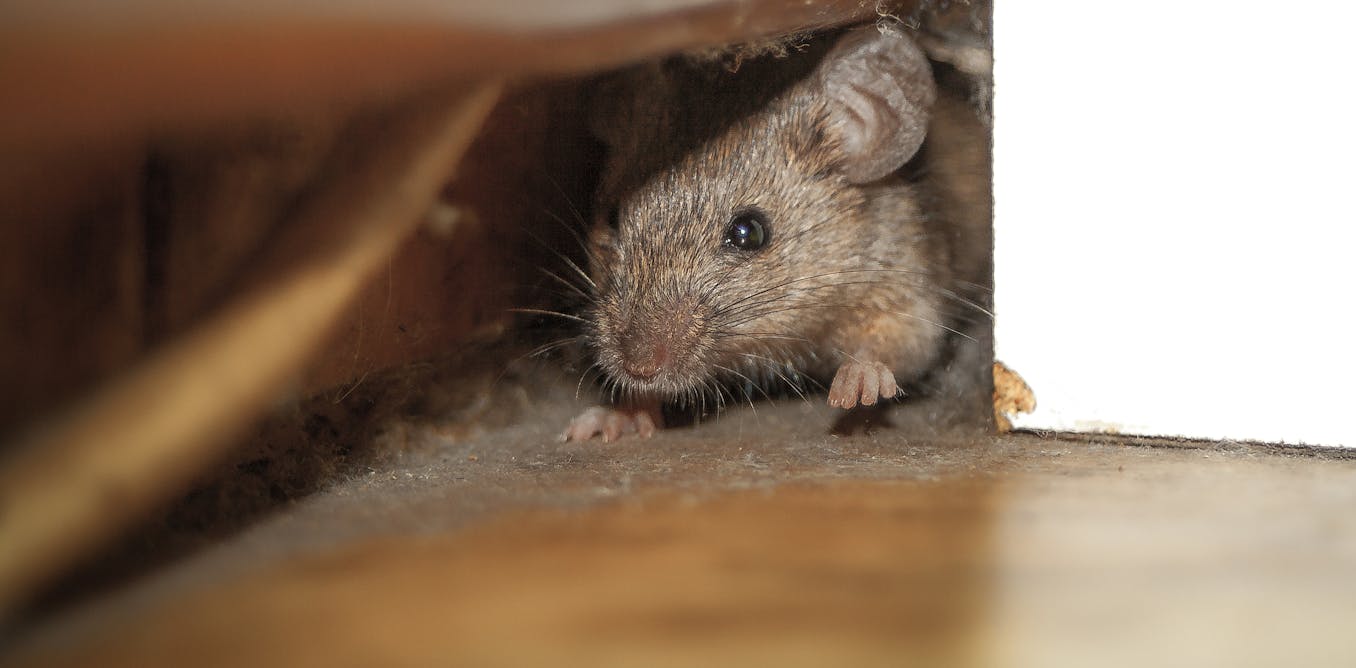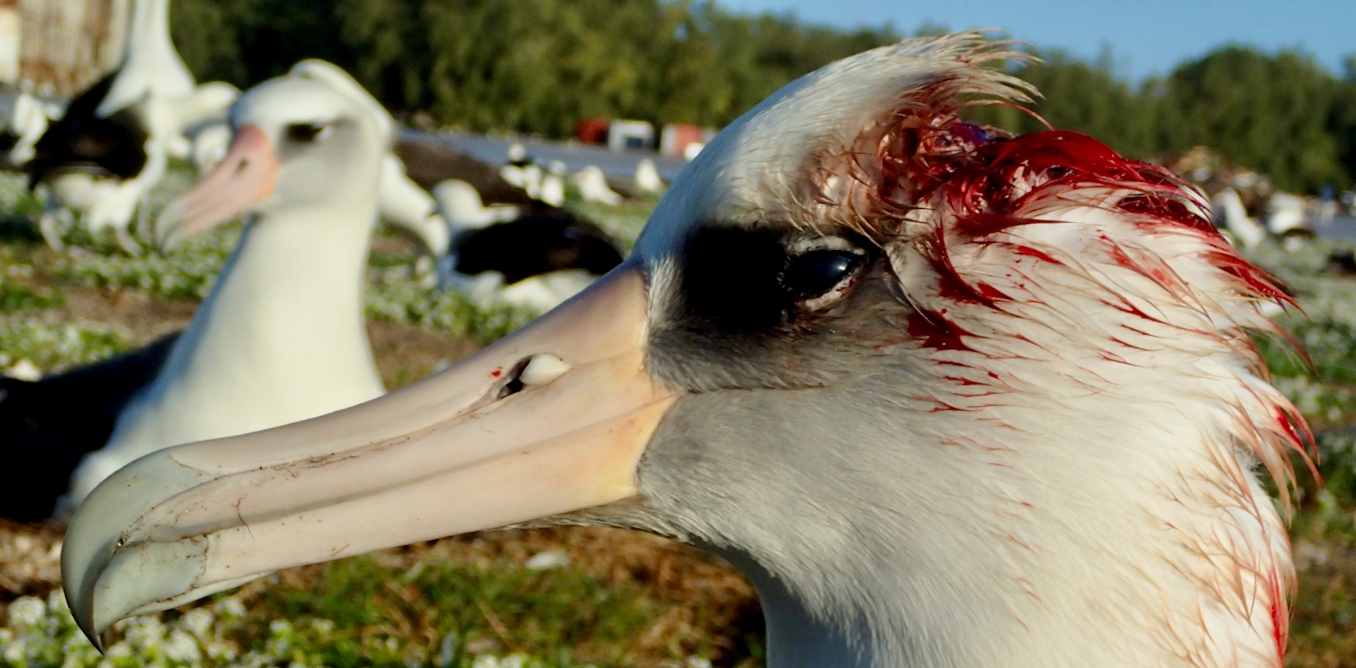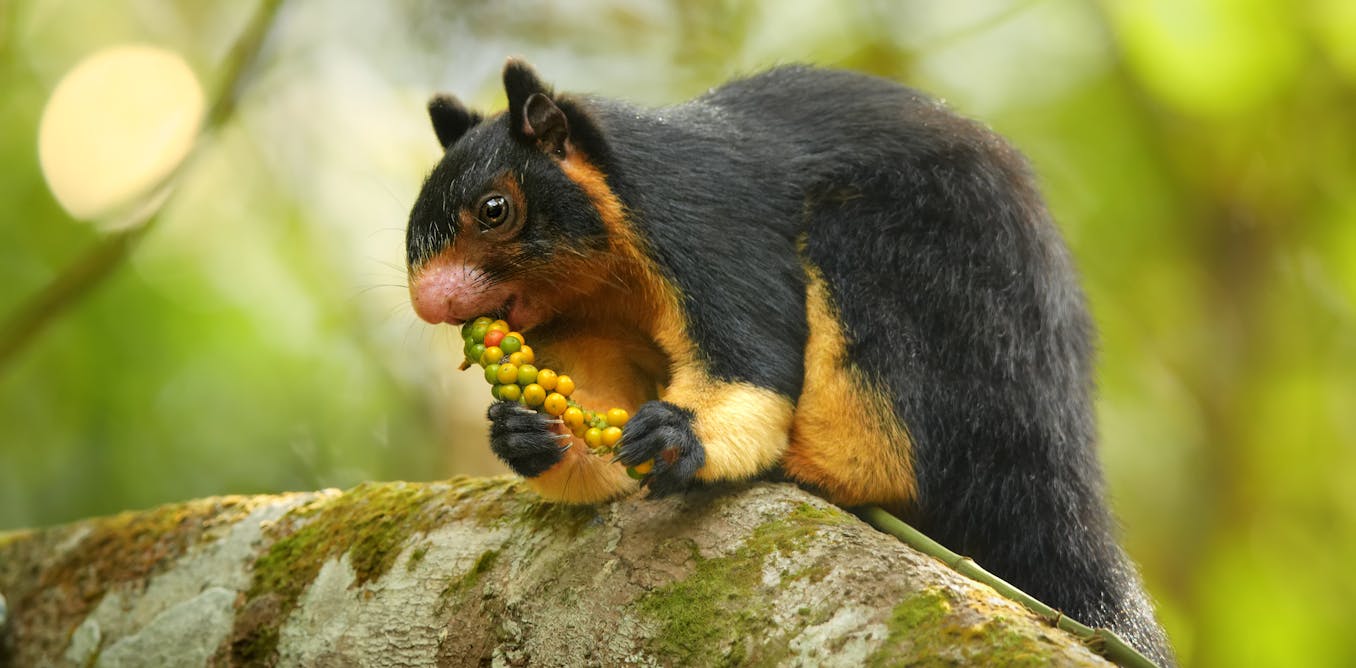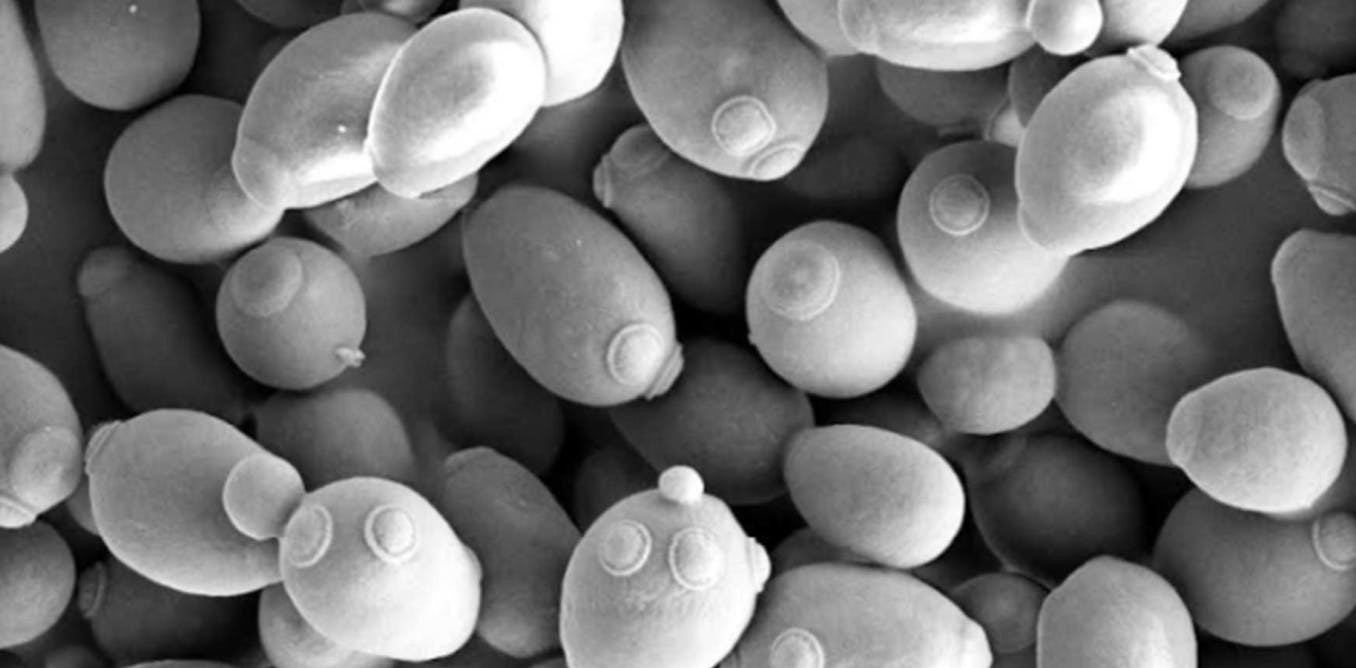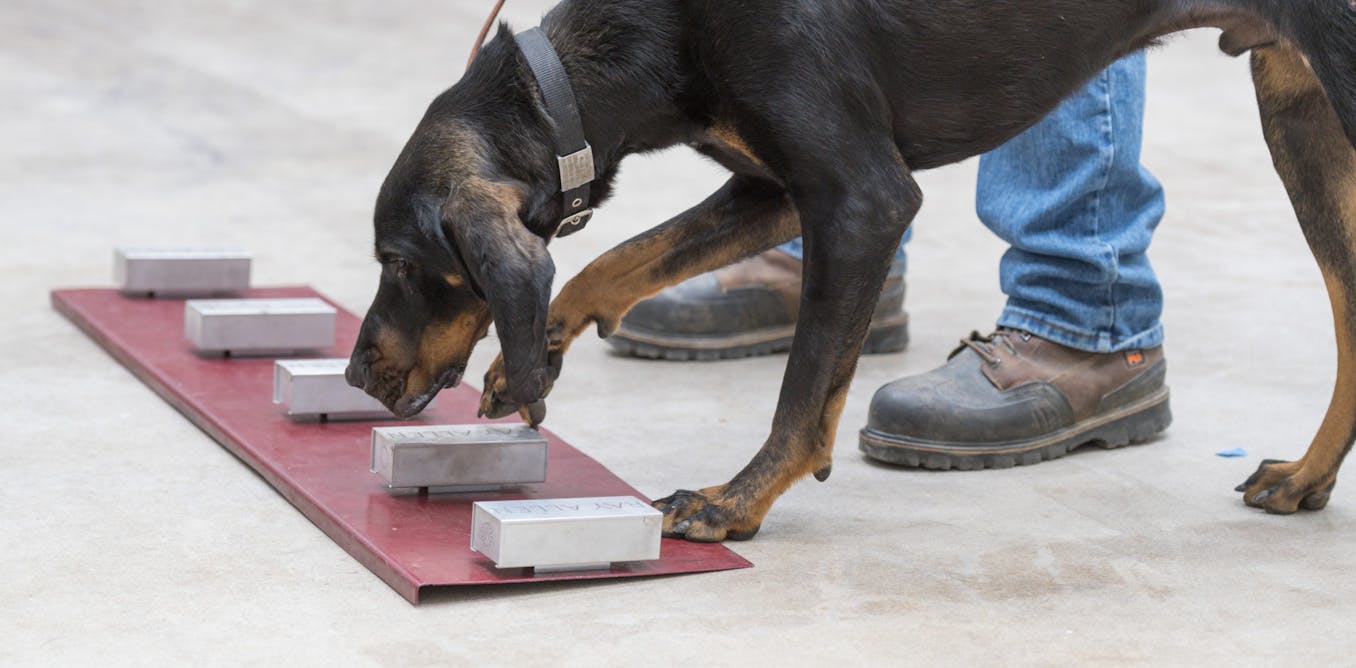Scientists have figured out how to ‘see’ through mice – could humans be next?
Seeing through mouse skin is one thing, disappearing humans is something else entirely.
Sept. 27, 2024 • ~6 min
City mouse or country mouse? I collect mice from Philly homes to study how they got so good at urban living
An evolutionary biologist is studying what these resilient urban pests can teach us about adaptation and evolution.
March 14, 2024 • ~7 min
Murderous mice attack and kill nesting albatrosses on Midway Atoll − scientists struggle to stop this gruesome new behavior
On a small, remote island in the Pacific Ocean, an unlikely predator feasts on the world’s largest albatross colony. Researchers are trying to figure out how to stop these murderous mice.
Feb. 20, 2024 • ~9 min
Science experiments traditionally only used male mice – here’s why that’s a problem for women’s health
Clinical trial funders now insist studies use female participants. But it will still take a long time for our understanding of how medicine affects women to catch up.
Aug. 15, 2023 • ~8 min
Lyme disease protection: No vaccine yet, but an antibody shot could soon provide a season of immunity
Researchers are testing an antibody shot to protect people from Lyme disease-causing bacteria.
Aug. 4, 2021 • ~7 min
We're creating 'humanized pigs' in our ultraclean lab to study human illnesses and treatments
Medical research to benefit people is first conducted in animals. Creating a new biomedical model by inserting human immune cells into pigs may lead to new insights and treatments.
April 12, 2021 • ~8 min
Fungal microbiome: Whether mice get fatter or thinner depends on the fungi that live in their gut
Fungi are a small but important part of the gut microbiome. A new study in mice shows that how much weight mice gain on a processed food diet depends on this fungal microbiome.
March 5, 2021 • ~5 min
The scent of sickness: 5 questions answered about using dogs – and mice and ferrets – to detect disease
Scientists are experimenting with using dogs to sniff out people infected with COVID-19. But dogs aren't the only animals with a nose for disease.
Jan. 13, 2021 • ~8 min
/
2

